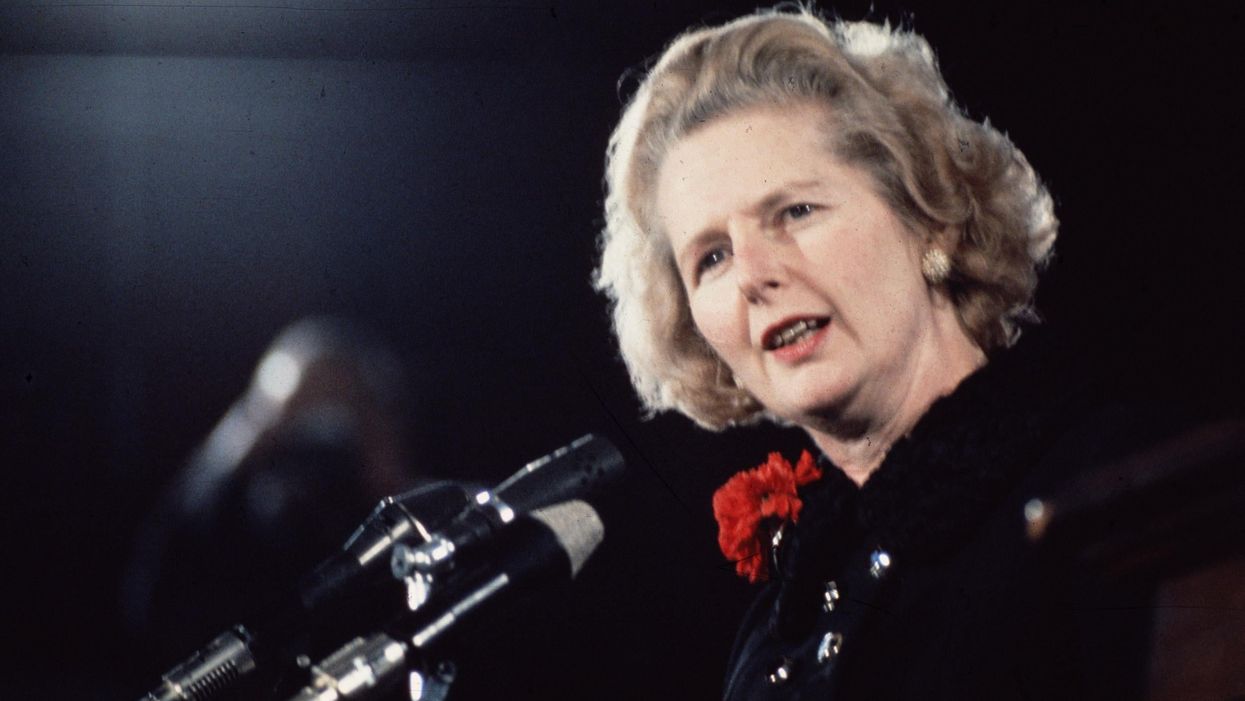Science & Tech
Dina Rickman
Nov 24, 2014

Being in a position of power can alter the way we speak, according to new study published in [Psychological Science]1.
In research influenced by former British prime minister Margaret Thatcher, who had voice coaching to help her rise to the top of the Conservative party, researchers found that people in high-status positions spoke differently compared to those in low-status positions.
To find this out psychologists at San Diego State University and Columbia Business School recorded 161 students reading a passage aloud in a normal tone. They were then recorded imagining they had either a high or low status position and were participating in a negotiation exercise. When comparing the recordings, researchers found power changed participants' voices.
"Amazingly, power affected our participants' voices in almost the exact same way that Thatcher's voice changed after her vocal training," said Adam Galinsky of Columbia Business School.
Lead researcher Sei Jin Ko of San Diego State University said the findings suggested "situational vocal changes impact the way listeners perceive and behave toward the speakers."
"Our findings suggest that whether it's parents attempting to assert authority over unruly children, haggling between a car salesman and customer, or negotiations between heads of states, the sound of the voices involved may profoundly determine the outcome of those interactions," she said.
Top 100
The Conversation (0)













